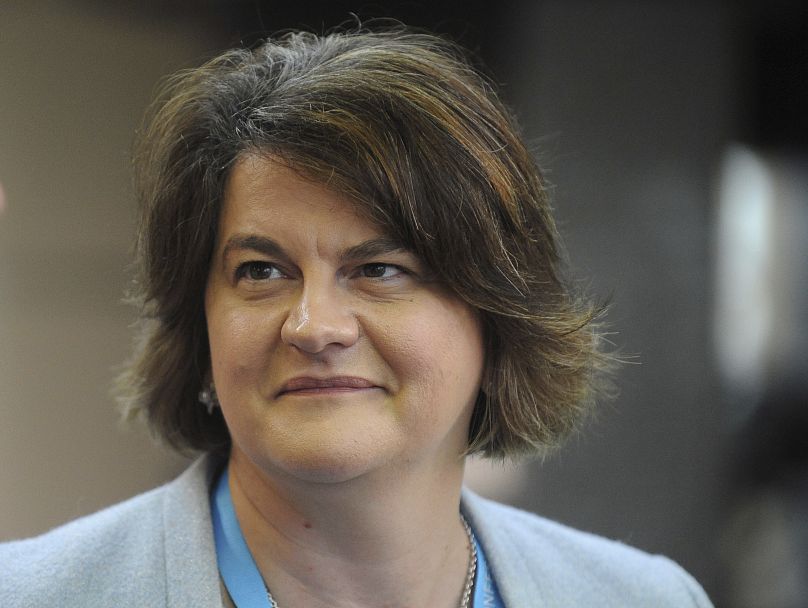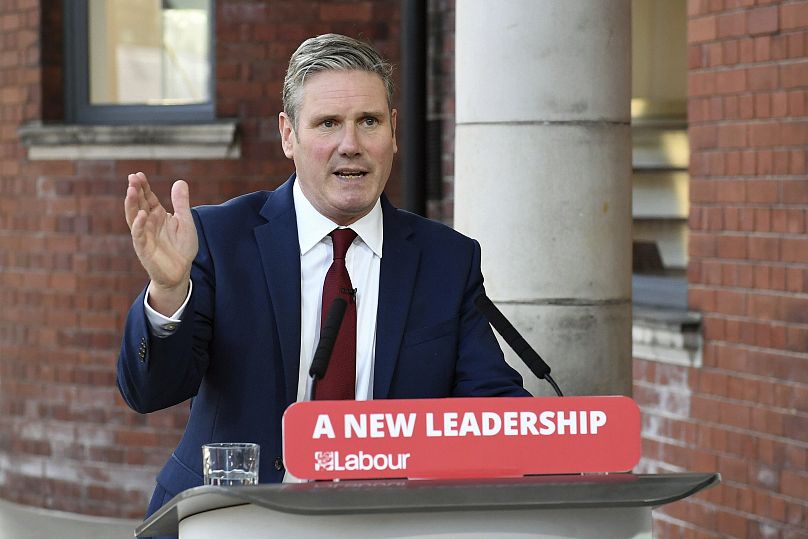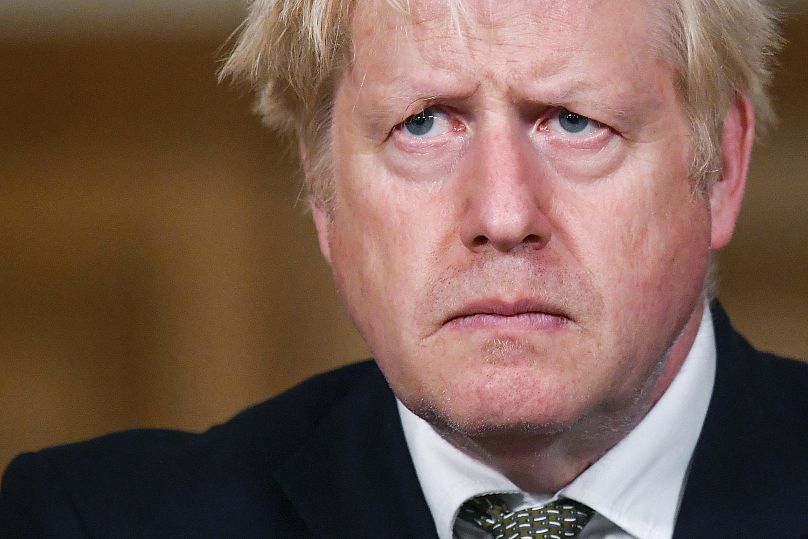Northern Ireland is the first region of the UK to re-introduce strict measures similar to those imposed close to the first peak of the pandemic in March.
Northern Ireland has announced a four-week "circuit-breaker" lockdown to curb the spread of coronavirus.
The new measures, which are similar to those seen during the first peak of the pandemic in March, will come into effect on Friday.
They include closures to the hospitality sector — except for takeaways and deliveries — and further strict restrictions on social contact.
A limit on the number of people who can meet in a garden will imposed, along with social bubbles being restricted to ten people from two households, along with a ban on overnight stays.
People have also been told to work from home unless absolutely unable to do so, and non-essential travel has been advised against.
Places of worship and gyms for individual training will remain open.
Schools, meanwhile, will have their half-term breaks extended to two weeks instead of one — and will cover Halloween.
The announcement on Wednesday marks the first time a UK region has re-introduced stringent lockdown measures reminiscent of those seen earlier in the year.
Speaking in the Assembly, First Minister Arlene Foster said rising numbers of COVID-19 cases were of "grave concern" as she assured the decision to lock down Northern Ireland was not taken lightly.
"We fully appreciate that this will be difficult and worrying news for a lot of people," she said. "The executive has taken this decision because it is necessary, and we discussed the impacts in great detail.
"We do not take this step lightly."
UK Prime Minister Boris Johnson is now facing increased pressure to introduce a similar "circuit break" lockdown to England.
Addressing the nation on Tuesday night, opposition leader Sir Keir Starmer encouraged the PM to "act now and break the cycle" of increasing virus transmission.
He said: "The government's plan simply isn't working. Another course is needed [...]
"That's why I am calling for a two-to-three week circuit break in England in line with SAGE's recommendation.
"A temporary set of clear and effective restrictions designed to get the R rate down and reverse the trend of infections and hospital admissions."
Meanwhile, the Welsh government has revealed it is also preparing for a "circuit break" to control coronavirus.
First Minister Mark Drakeford said there had been "detailed planning" underway to put such measures in place.
He told British media on Wednesday: "We want to act now in order to prevent the worst from happening, to give us a better chance of getting through the rest of the autumn and the winter, and if a circuit-breaker is the right way to do it, then that is what we will do.
"We're very actively talking about and preparing for that, should it be necessary."
In Northern Ireland, Foster told the Assembly that she hoped the new restrictions would have two impacts in the community.
She said: "First, on the COVID transmission rates, which must be turned down now, or we will be in a very difficult place very soon indeed.
"Second, we believe it marks a point where everyone, each and every one of us, can take stock and go back to the social distancing messaging.
"That is vitally important."
The UK is one of the world's hardest-hit countries by COVID-19, having registered 637,708 cases of the disease.
It also has the worst death toll in Europe, killing more than 43,000 people. On Tuesday, it recorded a further 143 deaths — the highest daily increase since June.














